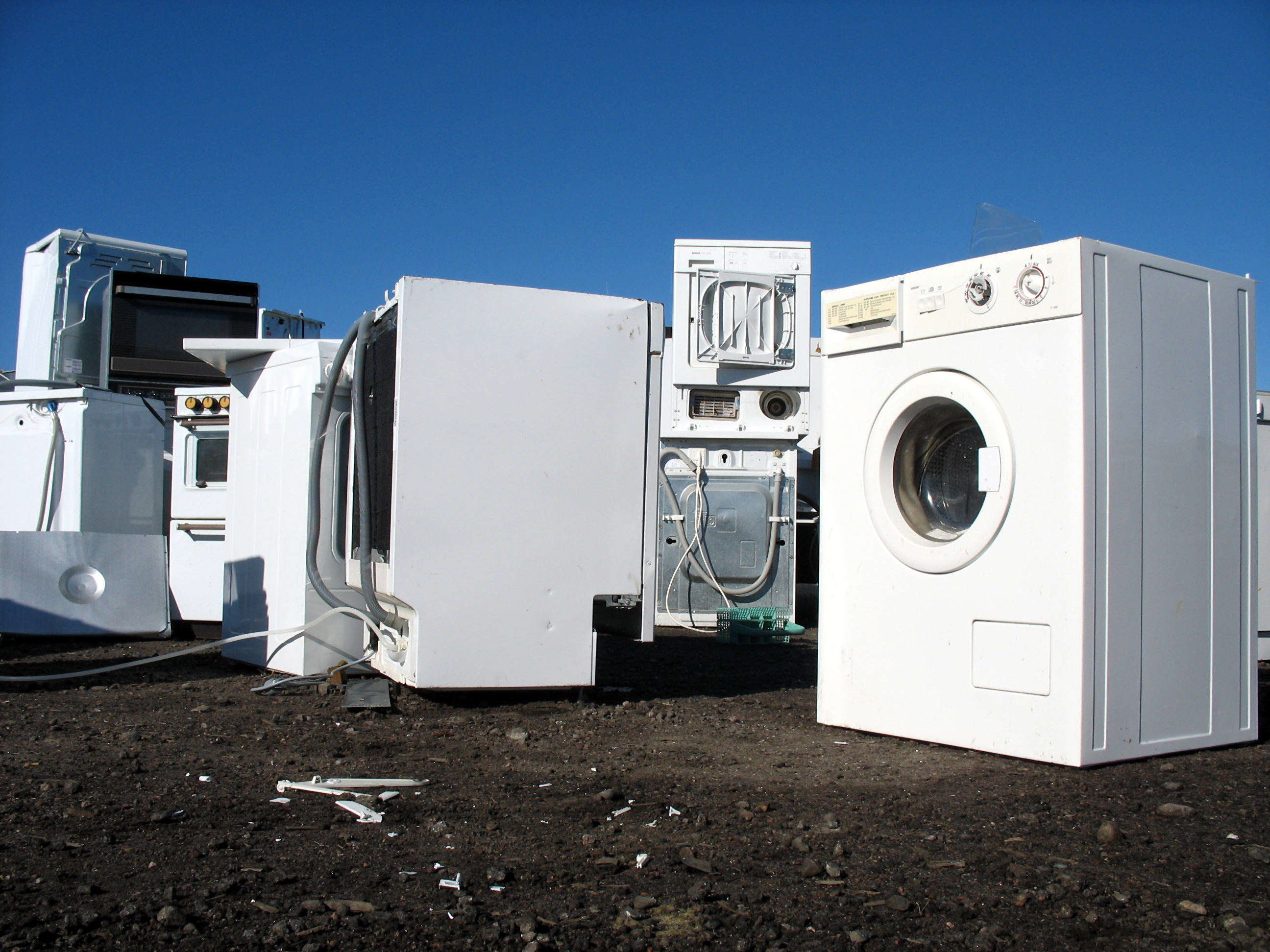Right to repair: new rules boost lifespan of electronic and white goods

Shoppers will be given the right to get replacement parts for goods like fridges, dishwashers and washing machines, meaning they last longer.
New right to repair rules launching today will make it easier to fix and maintain your electronic and white goods.
The legislation is long overdue: if you’ve had an electronic item develop a fault lately, then you’ll no doubt have faced two separate frustrations.
It’s bad enough that the item you want to use isn’t working properly, but chances are you’ll also struggle to get it fixed.
As a result, rather than simply getting your electronic goods repaired, you end up having to shop for a replacement.
Here's how the new rules will fix this long-standing problem.
Ending in-built obsolescence
As the name suggests, right to repair means that manufacturers of everything from fridges and washing machines to televisions will be legally obliged to make spare parts available to shoppers like you and me.
The idea is that it will now be much easier to actually fix goods as and when things go wrong, which the Government reckons will boost the lifespan of those products by as much as a decade.
Obviously, that’s a big boost to our finances, since we don’t have to fork out for replacements as and when a fault pops up.
It means those electronic goods provide far more long-lasting bang for our bucks.
But it’s also worth reflecting on the environmental impact too.
After all, it means fewer gadgets end up having to go to the rubbish tip, slashing the amount of electrical easter being produced.
Given that the UK currently produces an enormous 1.5 million tonnes of electronic waste each year, that has to be a welcome development.
The reality is that all too often manufacturers encourage obsolescence of their own products, essentially designing those goods to be useless after a set period, forcing shoppers to go out and buy a new one.
It's a profitable business model, after all.
A shift in culture

There is a real opportunity here for a shift in the way that we approach electronic products.
I’ve been guilty of it myself.
Earlier this year our dishwasher developed an issue that meant that it would no longer work, and while I attempted to put things right having watched a handful of YouTube videos on what could be the cause, it wasn’t long before I gave up on that option and instead ordered a new one.
I didn’t even try to work out what individual part had gone wrong or research what that would cost.
I’ve been here before, I’ve seen that it ends up being much quicker, easier and even cheaper simply to order a replacement and send the old one to the tip.
Giving shoppers the right to access those replacement parts is an important development, but it isn’t enough on its own.
If the new laws are really to make any difference, then there will need to be a culture shift too: one that encourages people to actually try to get those goods repaired rather than simply replaced.
It’s also important to remember that just because I am now entitled to access to replacement parts, I am still going to have to pay for those repairs.
Sure, that should work out cheaper than having to purchase a replacement, but that’s not a guarantee.
If the new rules are to make any difference, then having the right to access replacement goods isn’t enough.
We also need to ensure that those replacement parts are affordable and that there are places to get those repairs carried out.
After all, I’m not sure how confident I would be about replacing individual parts of a washing machine or a fridge.
Comments
Be the first to comment
Do you want to comment on this article? You need to be signed in for this feature